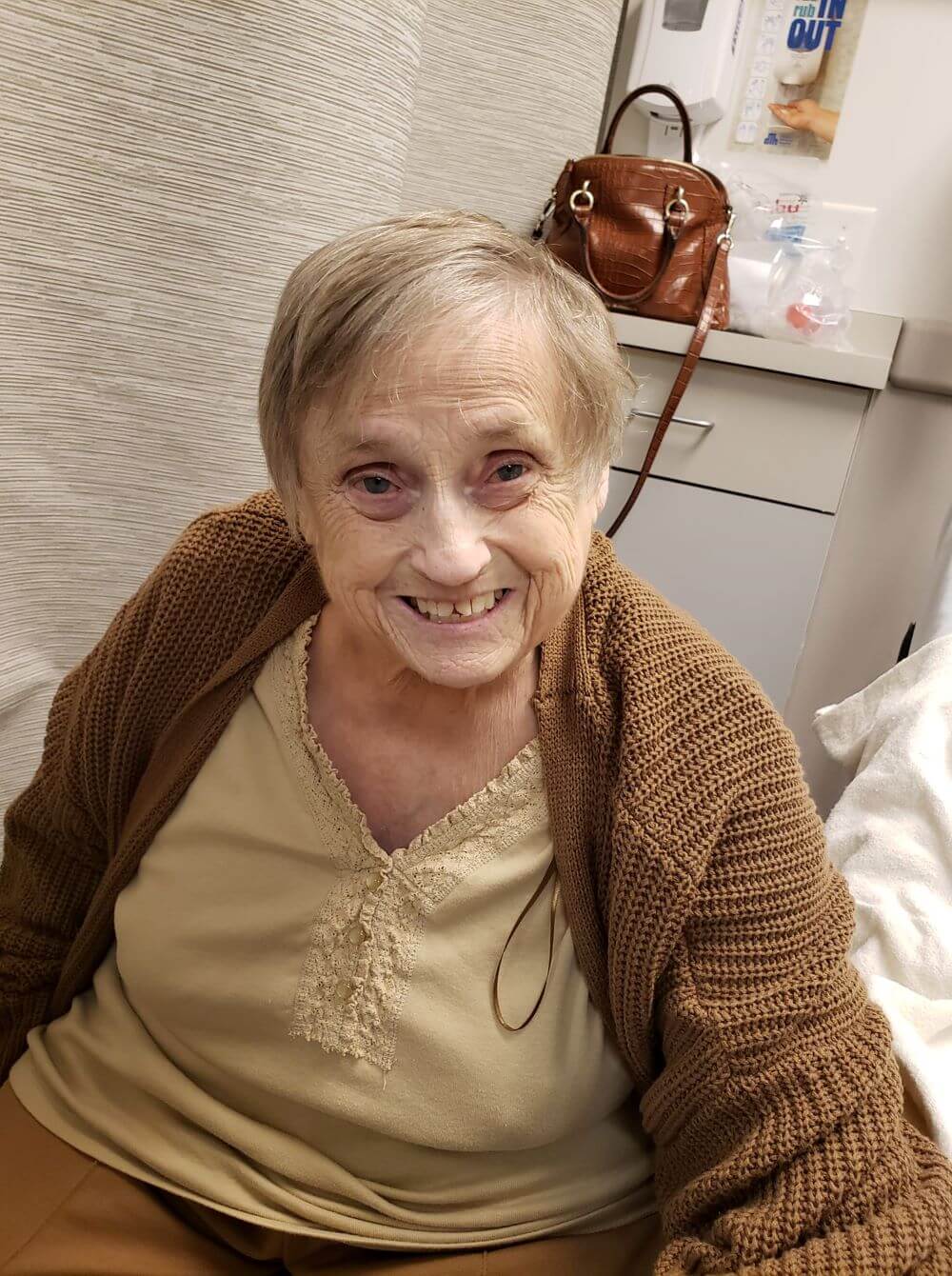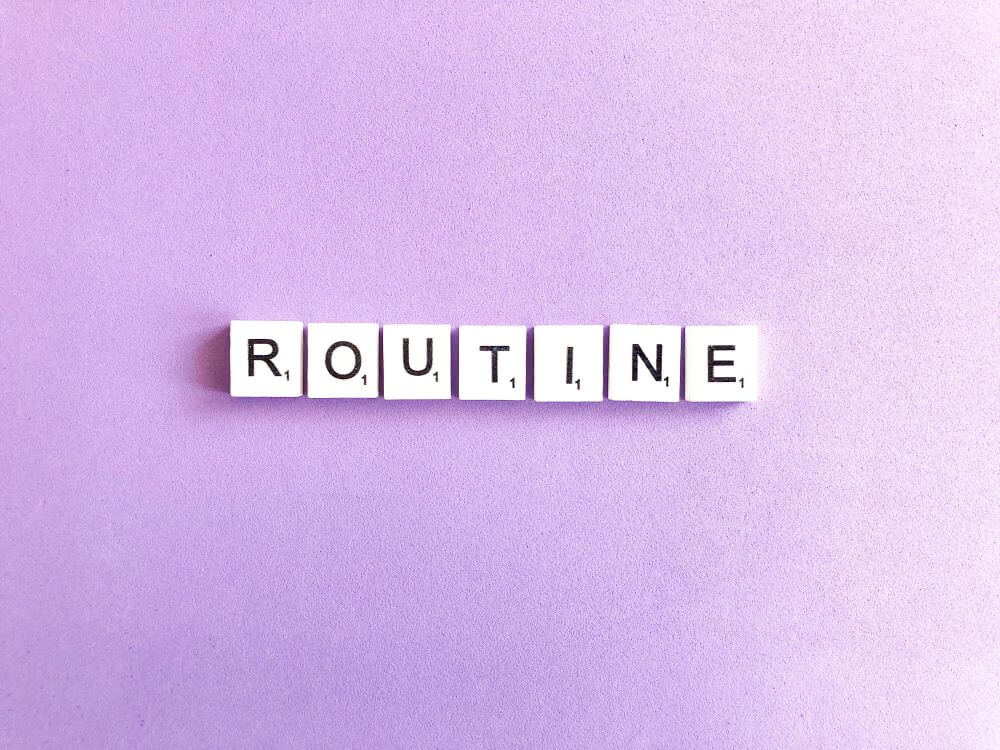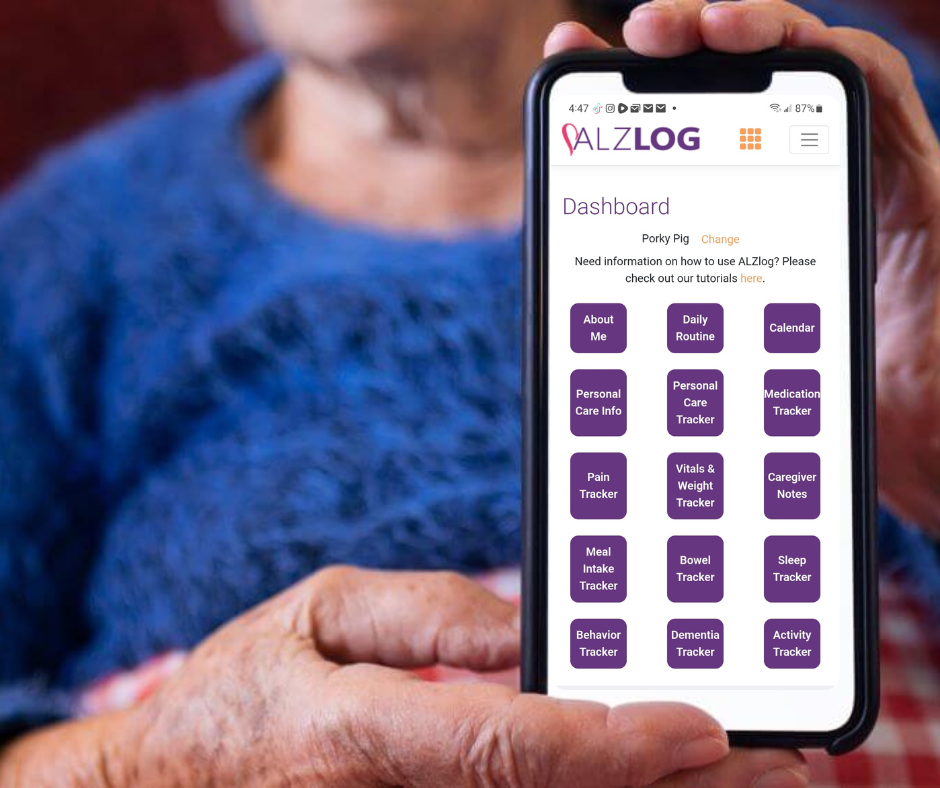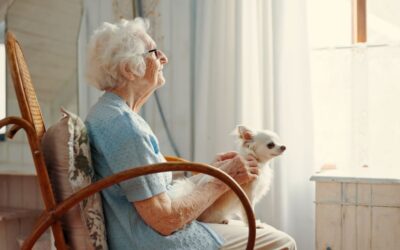The Journey of Dementia Care
If you’re caring for a loved one with dementia, you’re not alone. I’ve been there, too, and today, I want to talk to you about something incredibly powerful: the magic of routine and dementia.

Understanding Dementia: A Complex Challenge
Dementia is like a puzzle with missing pieces. It can affect memory, thinking, and behavior, making everyday life a bit of a maze. Your loved one might forget names, faces, or even how to do the things they once did with ease. That’s where you come in—as their caregiver, their helper, and their steady hand through the fog.
Real-Life Example:
Let me tell you about my dear Aunt Faye. She was once a bright light—talkative, funny, and full of life. Her smile could light up a room, and her stories… oh, her stories were gold. But as dementia began to take hold, things changed. She started forgetting names, stories became scattered, and her spark began to dim. Watching that happen was heartbreaking—but it’s also when I realized how much she needed someone by her side.

The Role of Caregivers: Unsung Heroes
Let me pause to say this: caregivers are heroes. You are doing something amazing, even on the days when it feels like you’re just barely holding on. Your presence, your patience, your love—it matters more than words can say.
Real-Life Example:
When Aunt Faye started forgetting whether she’d taken her medicine, things got serious. One day, I checked her pill box and saw duplicate pills—she couldn’t remember what she’d taken. She looked at me, scared. That’s when I stepped in. I started filling her pill organizer every Sunday. Not only did that take the pressure off her, but it also gave us both a sense of calm.
Sundays became our special day. I became her Patient Liaison. I took over her medical care, doctor visits, and even added a big calendar on the wall to help her see what was coming next. That calendar became her visual anchor—something she could count on in a world that felt confusing. I even added her bath days to the calendar which really helped on the days she tried to refuse her bath.

The Challenge of Change: The Dementia Dilemma
Change can be hard for all of us—but for someone with dementia, it can feel like the ground is shifting beneath them. Even small changes in routine or environment can cause stress and anxiety.
Real-Life Example:
When we moved Aunt Faye and my mom into a senior apartment to simplify life and give my mom more support, it seemed like a good decision—and it was. But for Aunt Faye, it was a huge change. Even though we set up her bedroom exactly the same as in the old house, she became more confused.
She was disoriented and anxious, searching for familiar things that were no longer there. It took several weeks for her to settle back into her routine. It reminded me how deeply people with dementia rely on familiarity and structure.

The Benefits of Routine with dementia: A Ray of Hope
Here’s the good news: routines can help bring order to the chaos. They offer comfort, predictability, and a rhythm that your loved one can rely on—even when everything else feels confusing.
Real-Life Example:
Aunt Faye’s morning routine became sacred. It was simple: use the bathroom, get her favorite coffee, settle into her recliner, and turn on her favorite TV channel. That small routine brought peace and even sparked moments of joy. Her smile came back. That’s the power of routine—it reconnects them to who they are and gives us caregivers a way to guide their day.

Creating a Dementia-Friendly Routine: The How-To
Every person is different, so build a routine that fits your loved one. Think simple, steady, and soothing.
Here’s a sample daily flow to consider:
- Morning Matters: Start the day with something peaceful—soft music, coffee, or a warm towel to freshen up. Keep it gentle.
- Mealtime Magic: Eat at the same times each day with favorite (and easy-to-eat) foods.
- Activity Time: Include meaningful tasks like folding towels, listening to music, or flipping through a photo album.
- Nap Breaks: Schedule rest so they don’t get overtired, which can lead to more confusion.
- Evening Wind-Down: Keep evenings low-key with dim lighting, soft music, or a simple TV show they enjoy.
Real-Life Example:
For Aunt Faye, we added music she loved, little chores she could still do, and daily phone calls to family. These little touches gave her purpose and helped her feel more in control, even when the words didn’t come easily. Her eyes would light up when she heard certain songs—routine helped her express herself without needing words.
Using Alzlog to Help Create and Maintain Routines
Creating a routine is one thing—keeping track of it is another, especially when life gets hectic. That’s where my app, Alzlog, can really help.
Alzlog is designed just for dementia caregivers like you. It helps you:
-
Track your loved one’s daily routines, so you can spot changes early
-
Document care activities, like meals, medications, hygiene, and appointments
-
Share updates with family or paid caregivers, so everyone stays in the loop
-
Assess the stage of dementia your loved one is in, which can help you adjust the routine as their needs change
You can even use Alzlog to log behavior patterns, like sleep or agitation, and link them to changes in routine. That way, you can figure out what’s working—and what’s not.
Whether you’re just starting out or you’ve been caregiving for years, Alzlog gives you one place to keep it all together.

When Routines Go Awry: What to Do
Let’s be honest, life happens. Routines get disrupted. Your loved one might resist or get upset. That’s okay. What matters is how we respond.
Try these tips:
- Stay calm—your energy is contagious.
- Use distraction—shift focus gently to something familiar or soothing.
- Offer comfort—sometimes just holding their hand or using a soft tone can calm the storm.
Real-Life Example:
When a power outage threw off everything in Aunt Faye’s building, she got really upset. Nothing was working, and her routine was gone. I sat with her and told her stories from when we worked at the hospital together.
It wasn’t part of the plan, but it brought back something familiar. Slowly, the fear faded. That’s the thing—routine doesn’t always mean a strict schedule. It means finding a familiar thread to hold onto, even in the middle of a storm.

Caregivers Need Care Too
You can’t pour from an empty cup. Caring for someone with dementia can be exhausting—physically and emotionally. Please take care of yourself, too.
I created my Facebook Caregiver Support Group for this very reason. It’s a safe space where you can ask questions, share your story, or just be reminded that you’re not in this alone. Come join us. Let’s walk this road together.
Want to Understand Dementia Better? Take My Course
One thing I’ve learned through the years is this: the more you understand dementia, the better you’ll be able to care for your loved one—and protect your own peace of mind.
That’s why I created the Understanding Dementia course. It’s designed for caregivers who are feeling overwhelmed, unsure of what’s ahead, or just need a clear explanation of what dementia really looks like day to day.
In this course, you’ll learn:
-
What dementia is (and isn’t)
-
How to recognize the different stages
-
What changes to expect in thinking, emotions, behavior, and mobility
-
Simple ways to adjust care as the disease progresses
-
How to communicate more effectively, even when words start to fade
It’s packed with practical tools, helpful visuals, and real-life examples to make this hard journey a little easier to walk.
Whether you’re brand new to caregiving or have been walking this road a while, this course will help you feel more confident and less alone.
👉 Learn more and sign up for the Understanding Dementia Course here
Final Thoughts: Routine as a Language of Love
In the world of dementia care, routine is more than a schedule. It’s a quiet language of love. It tells your loved one, “You’re safe. You’re not alone. I’m here.”
So, whether it’s morning coffee or a familiar song, embrace those little rituals. They are the anchors in your loved one’s world—and yours too.
Stay strong. Stay kind. And never forget that what you’re doing matters. 💜
Until next time,
Larea
Hi, I'm Larea, I am a Registered Nurse specializing in Dementia Care, with 30 years of experience supporting dementia patients and their families. Over the years, I have provided care in diverse settings, including homes, hospitals, nursing homes, assisted living facilities, and hospice. My passion is guiding caregivers, sharing my knowledge and experience to help them navigate the challenges of dementia care with confidence and compassion.









